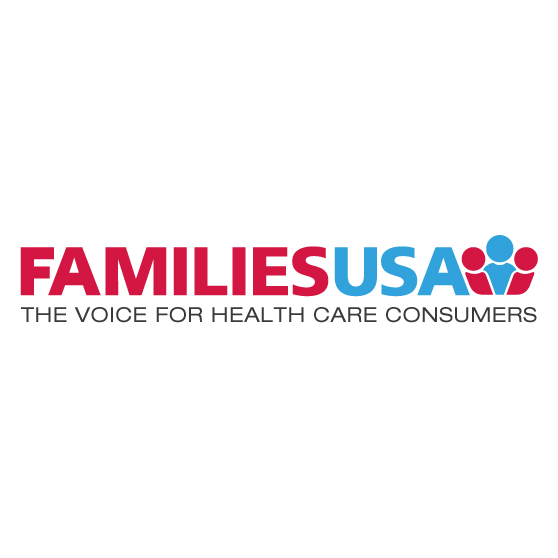Families USA’s Comments on Proposed Rule on Medicare Part D Protected Classes
02.06.2019
Late last year, the Trump administration released a proposed rule as part of its efforts to lower prescription drug prices that, if finalized, could have a significant impact on Medicare beneficiaries’ ability to access certain drugs under Medicare Part D. Medicare Part D, which covers prescriptions drugs beneficiaries pick up at pharmacies, is administered by private Part D plans. Much like commercial health insurance plans, these Part D plans use formularies to establish which drugs are covered and at what level of beneficiary-cost sharing. However, these plans must currently cover “all or substantially all” drugs in six protected classes, which are anticonvulsants, antidepressants, antineoplastics, antipsychotics, antiretrovirals, and immunosuppressants.
The Trump administration proposed various exceptions that would allow a Part D to create additional barriers to coverage for drugs in protected classes in particular circumstances. This includes using additional utilization management tools, such as step therapy where patients must try and “fail first” on one or more drugs before getting a particular drug covered, and allowing plans to exclude some protected class drugs altogether. Though we share the administration’s concern that the current protected class policy may contribute to both higher drug costs and the overutilization of some drugs, we are concerned that the changes, as proposed, may risk beneficiary access to needed therapies.
In our comments on the proposed rule, we strongly encouraged the administration to explore the development of more targeted criteria for determining which drugs or classes of drugs should remain exempted from such formulary management tools. Any such criteria should both recognize and incorporate relevant clinical guidelines for health conditions addressed by drugs in the protected classes and should be proposed in detail through the regular rulemaking process. This would ensure there is a transparent process for beneficiaries, their providers, and other consumer to weigh in.
This proposed rule also included other provisions that we believe will increase prescription drug pricing transparency and lower cost-sharing for Medicare Part D beneficiaries. We applaud the administration for these provisions, and we appreciate the administration’s focus on the issue of high drug prices.
Read our full comments on this proposed rule here.


